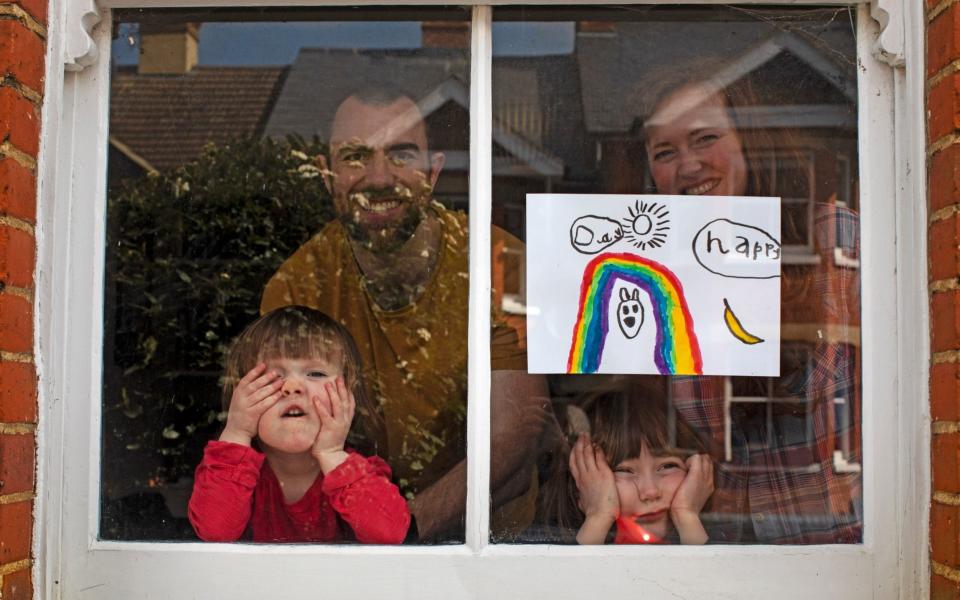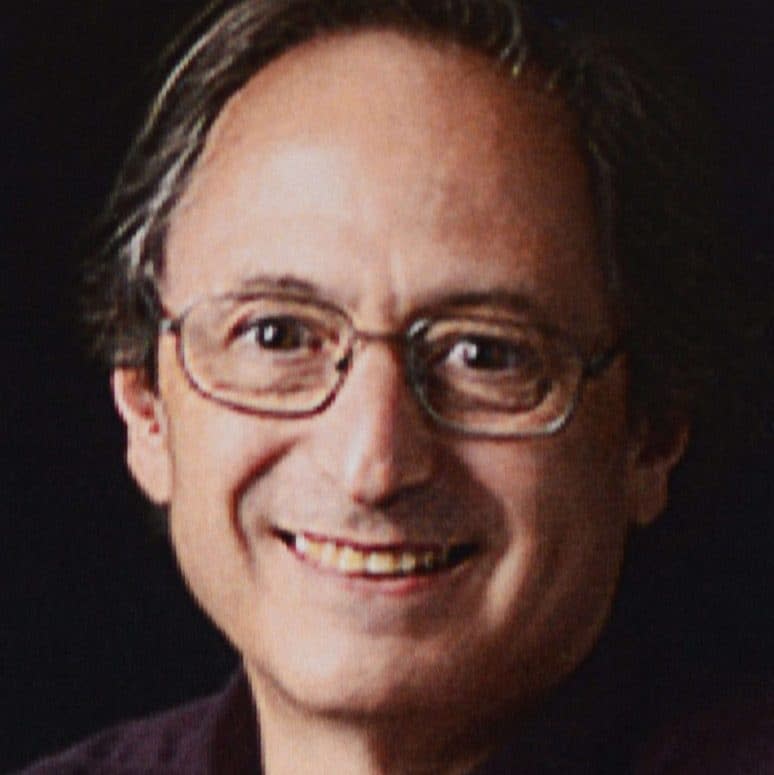Lockdown saved no lives and may have cost them, Nobel Prize winner believes


Lockdown caused more deaths than it saved, a Nobel laureate scientist said on Saturday, as he predicted the UK would emerge from Covid-19 within weeks.
Michael Levitt, a Stanford University professor who correctly predicted the initial trajectory of the pandemic, sent messages to Professor Neil Ferguson in March telling the influential government advisor he had over-estimated the potential death toll by "10 or 12 times".
The Imperial College professor's modelling, a major factor in the Government's apparent abandoning of a so-called herd-immunity policy, was part of an unnecessary "panic virus" which spread among global political leaders, Prof Levitt now tells the Telegraph.
Prof Levitt, a British-American-Israeli who shared the Nobel prize for chemistry in 2013 for the "development of multiscale models for complex chemical systems", has said for two months that the planet will beat coronavirus faster than most other experts predict.
"I think lockdown saved no lives," said the scientist, who added that the Government should have encouraged Britons to wear masks and adhere to other forms of social distancing.
"I think it may have cost lives. It will have saved a few road accident lives - things like that - but social damage - domestic abuse, divorces, alcoholism - has been extreme. And then you have those who were not treated for other conditions."

Having assessed the initial outbreak in China and from the infected Diamond Princess cruise ship, he predicted by March 14 that the UK would lose around 50,000 lives. Prof Ferguson's modelling that same week estimated up to 500,000 deaths without social distancing measures.
"I think that the real virus was the panic virus," Prof Levitt told the Telegraph. "For reasons that were not clear to me, I think the leaders panicked and the people panicked and I think there was a huge lack of discussion."
The 73-year-old has no background as an epidemiologist, but he assessed the outbreak in China and prepared a paper based on his own calculations. Most countries, he predicted, would suffer a Covid-19 death rate worth around an extra month in excess deaths over the calendar year.
"In Europe, I don't think that anything actually stopped the virus other than some kind of burnout," he added. "There's a huge number of people who are asymptomatic so I would seriously imagine that by the time lockdown was finally introduced in the UK the virus was already widely spread. They could have just stayed open like Sweden by that stage and nothing would have happened."
Professor Levitt has now analysed the data from 78 nations with more than 50 reported cases of coronavirus. His investigations proved the virus was never going to achieve the type of exponential growth that the researchers at Imperial were predicting at the same time.

"There is no doubt that you can stop an epidemic with lockdown but it's a very blunt and very medieval weapon and the epidemic could have been stopped just as effectively with other sensible measures (such as masks and other forms of social distancing)," he added.
"It turns out numbers are played out very consistently when you look at all the places that have been badly hit, particularly in Europe. The token number of deaths before things stop is about one month of natural deaths, which is something like one in a thousand."
Based on his estimates, Britain was due to suffer around 50,000 deaths in totals. "A lot of things went wrong but I think the main thing is that we just needed to think and discuss things a little bit," he added. "I was told on numerous occasions 'you are not an epidemiologist, shut up'. I don't really care. I was just looking at the numbers. I was looking at the cruise ship, looking at Wuhan. The same number held for these places."
The virus "has saturated", he believes, across Europe. "I think the lockdown will cause much more damage than the deaths saved," he added. "When I saw the briefing (from Prof Ferguson) I was shocked. I had a run-in with him when I actually saw that Ferguson's death rate was a year's worth - doubling the normal death rate. I saw that and said immediately that's completely wrong. I think Ferguson over-estimated 10 or 12 times. We should have seen from China that a virus never grows exponentially. From the very first case you see, exponential growth actually slows down very dramatically.
"The problem with epidemiologists is that they feel their job is to frighten people into lockdown, social distancing. So you say 'there's going to be a million deaths' and when there are only 25,000 you say 'it's good you listened to my advice'. This happened with Ebola and bird flu. It's just part of the madness."
Prof Levitt says the global evidence shows the virus fades in dry heat and in much of the western world "there seems to be some kind of immunity". "The main worry I would have would be in China," he said when asked about the prospect of a second outbreak. "I am 73 and I feel very young," he added. "I don't care about the risk at all. As you get old the risk of dying from disease is so high that this is the time to buy a motorcycle, go skiing!"

